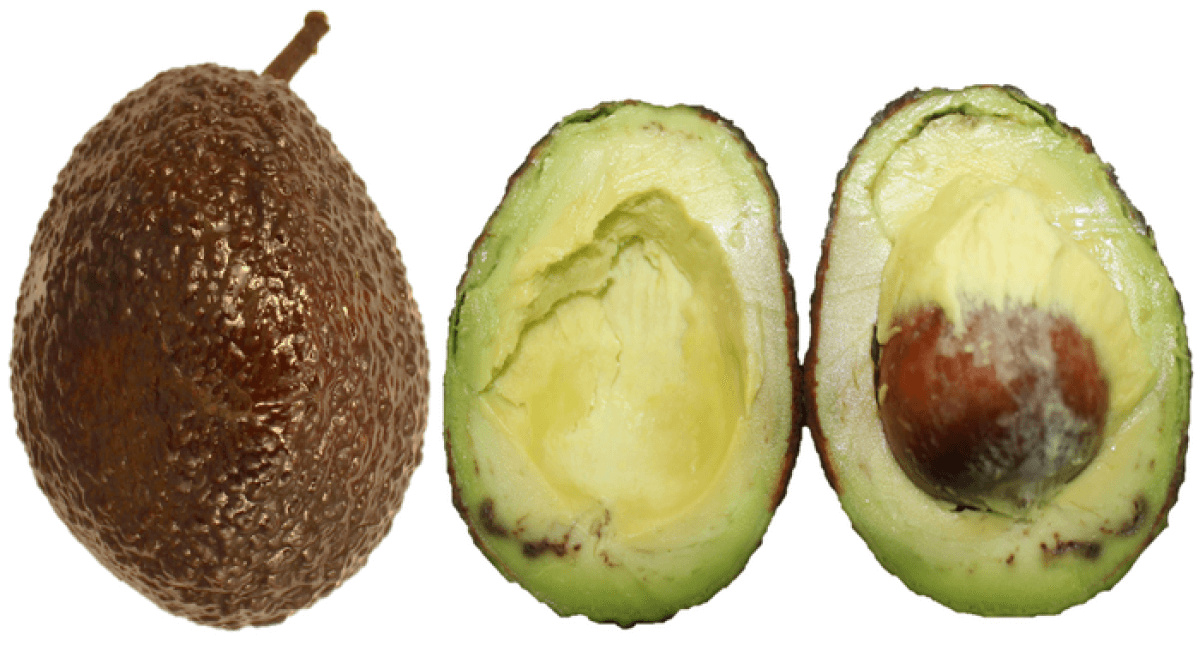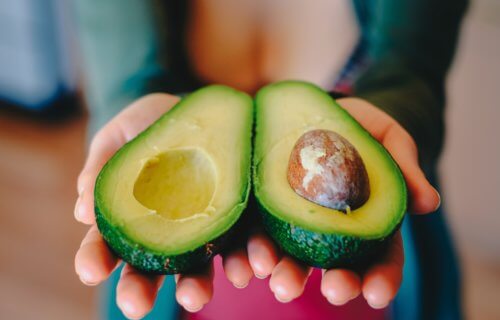IBAGUÉ, Colombia — Avocados have worldwide appeal, whether smashed to make avocado toast, or transformed into guacamole. The problem is that no matter how fast you eat them, it’s hard to keep an entire pack fresh because of how quickly they spoil. However, scientists may have found a way to solve this, creating a chitosan-based coating which preserves the fruit.
A team from Columbia and Canada also developed an imaging technique that can quickly predict the shelf life, which could be a game changer in itself. Chitosan is a sugar derived from the outer skeleton of shellfish such as crab, lobster, and shrimp. It’s a common ingredient in medicine and in drug manufacturing and it’s also biodegradable.
In stores, shoppers often squeeze their avocado to see how ripe it is. If it’s rock hard, you probably need a couple of days to let it ripen. If it’s softer to touch and you can push the skin in a bit, it’s ready to eat. Producers assess the fruit similarly in order to figure out which ones can withstand the trip to the grocery store. Since avocados mature so quickly, however, this isn’t a foolproof method and stores may end up with produce spoiling too early.
To address this in the past, some researchers developed a way to delay ripening by using 1-methyl-cyclopropene (1-MCP), a synthetic plant growth regulator. More recently, researchers have shown that chitosan is a promising alternative.
To see which is more effective, Angie Homez-Jara, Angelica Sandoval-Aldana and colleagues compared the effects of each. They treated commercially mature Hass avocados with either gaseous 1-MCP or water-based solutions with different concentrations of chitosan. Mimicking realistic transportation conditions, treated and untreated avocados were chilled at 41 degrees Fahrenheit for 21 days and then moved to room temperature to simulate being in a grocery store, until they were rotten.

Untreated samples and those treated with either 1-MCP or 1-percent chitosan-based coating lasted six days. Those treated with a 1.5-percent chitosan-based coating lasted for 12 days. Despite the longer shelf life, the samples did have uneven firmness once ripe, and green and purple spots on the peel. This shows that there are some limitations to using a chitosan coating, and scientists still need to fine-tune their methods.
They successfully predicted the shelf life of the fruits by imaging their surfaces with hyperspectral cameras and then comparing the data from the images to their firmness, peel color, oxygen consumption, and weight loss, using various computer models.
While more research and development is necessary, the researchers say that their coating and prediction imaging technique could help enhance avocado shelf life and quality.
The findings are published in the journal ACS Food Science & Technology.
You might also be interested in:
- Fruit that doesn’t spoil? Scientists create protective coating to increase produce shelf life
- Best Of The Best Avocado Oils: Top 5 Brands Most Recommended By Experts
- An avocado a day helps keep bad cholesterol at bay — but it won’t help you lose weight


Anything to do with Bill Gates, I’ll avoid it like the plague.